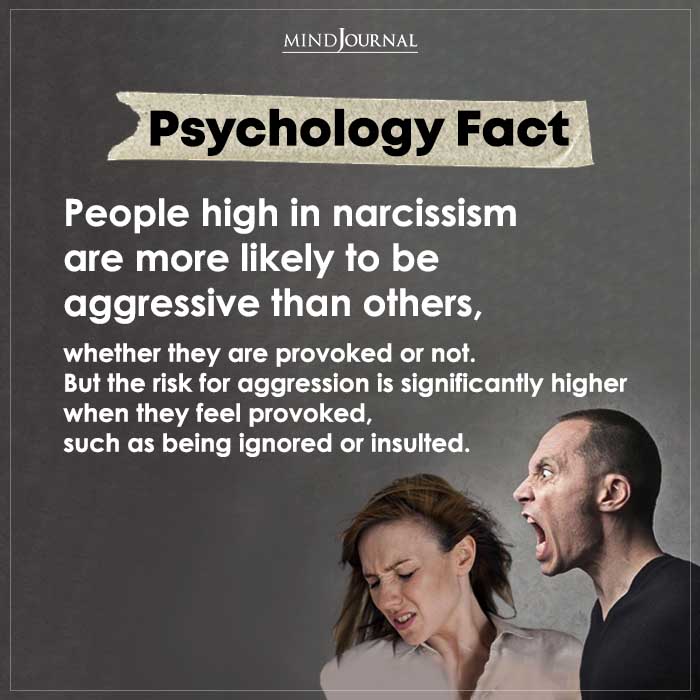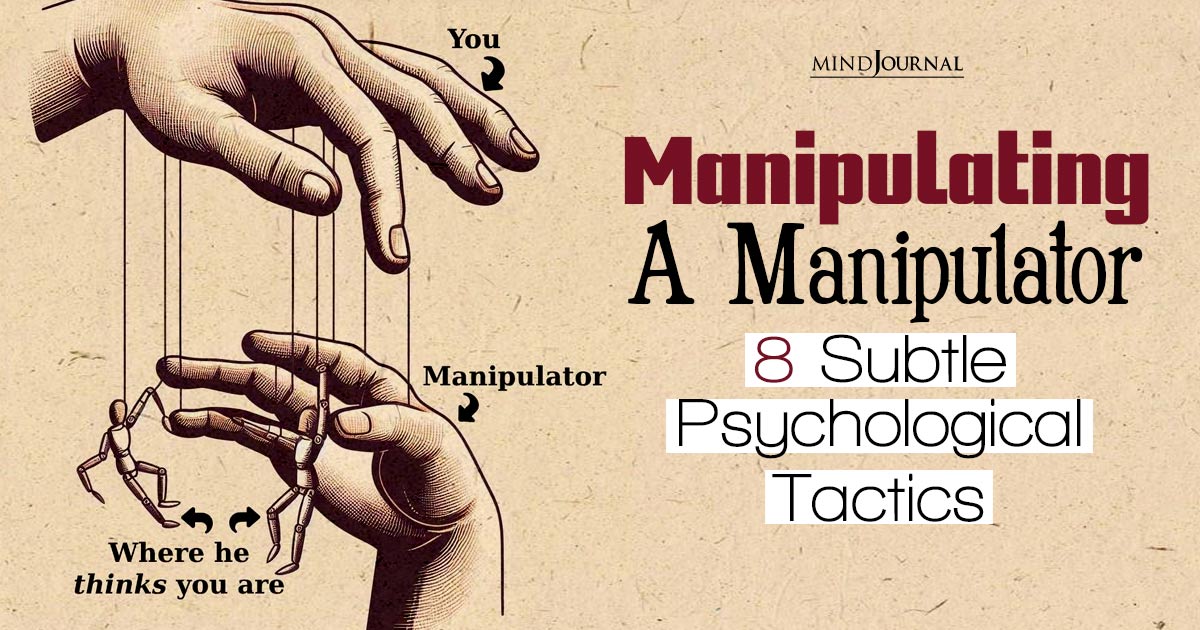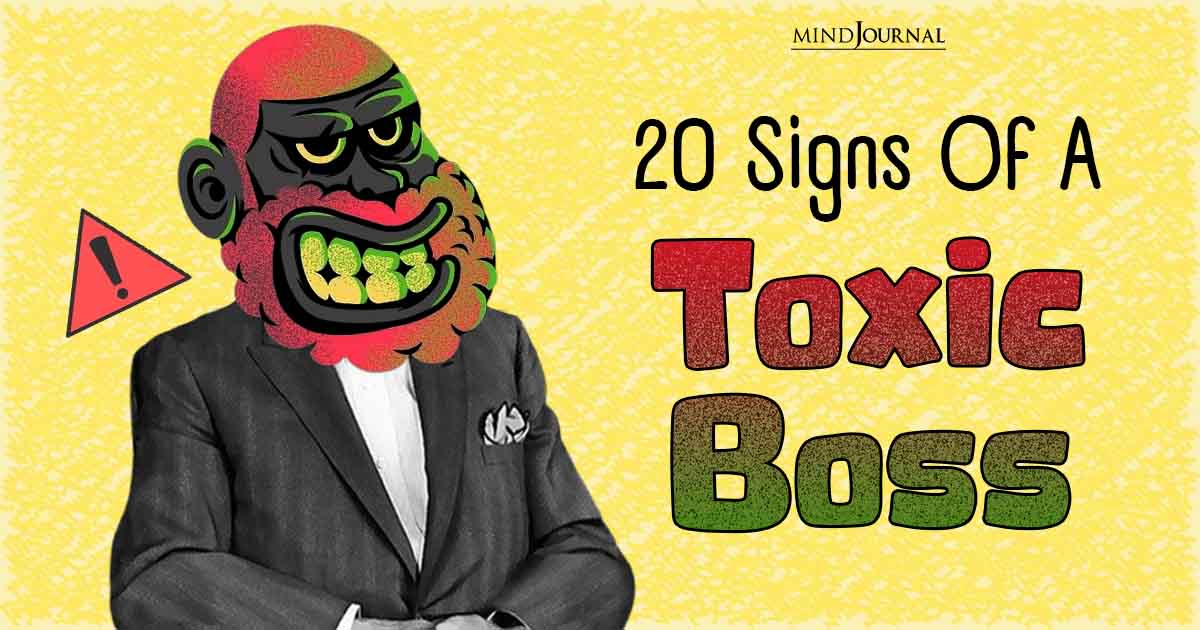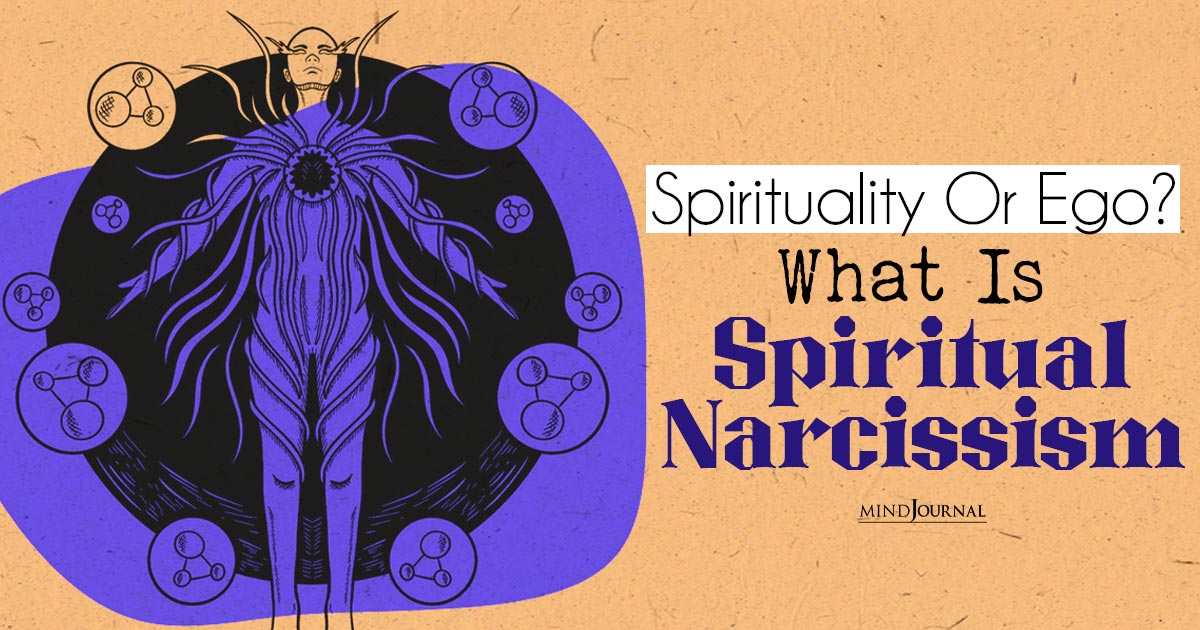In the covert vs grandiose narcissist showdown, seemingly opposites unite under a shared trait. Let’s delve into the nuances of these two personas and unravel their captivating dynamics.
Comparing covert and grandiose narcissists, covert narcissists are more difficult in many ways.
We can all spot those charming, attention-seeking extroverts whose vanity and boldness can be obnoxious and shameless. These are grandiose narcissists, also called exhibitionist narcissists.
Covert narcissism is a lesser-known type of narcissism (also referred to as closet, introverted, or vulnerable narcissism). Like the grandiose type, covert narcissists are self-absorbed, entitled, exploitative, unempathetic, manipulative, and aggressive, but they fear criticism so much they shy away from attention.

On the surface, they can be hard to identify. Covert narcissists may appear shy, humble, open, or anxious. The danger is in not seeing through their passive facade. But they can be just as destructive in relationships as the extroverted type.
They still qualify for narcissistic personality disorder, particularly feeling special, wanting admiration (perhaps secretly), lacking empathy, and feeling entitled. They’re just as self-centered and expect the same special treatment as grandiose narcissists.
They often play the role of victim and martyr. Their gratification may be indirect through being close to someone they admire. They take things personally and feel distrustful, mistreated, unappreciated, and misunderstood.
Related: Therapy For NPD And Narcissists
Covert vs Grandiose Narcissist: What’s The Difference?
Despite sharing core traits, in a way, the covert narcissist is the mirror image of the grandiose narcissist. In contrast to grandiose narcissists who feel confident and self-satisfied, covert narcissists are insecure and unhappy with their lives.
They’re neurotic and experience more emotionality, distress, anxiety, guilt, depression, and shame. All narcissists react poorly to criticism, but the introverted type has the thinnest skin of all. They’re hypersensitive to perceived criticism because it triggers their negative opinion of themselves.
While the grandiose type demands to be the center of attention, the covert feels slighted that they’re not, or plays the victim to gain attention. Instead of working the room, the covert narcissist is self-absorbed.
Rather than immodestly boasting about their accomplishments, they dream of greatness and wonder why people don’t appreciate and understand them or why people or the world at large hasn’t sufficiently recognized their uniqueness due to their introversion, instead of bragging openly, they act smug and judge everyone as inferior.
They consider others boring or ignorant. Normal introverts are generally good listeners, but not this covert narcissist.
Related: Are Narcissists Smarter Than Normal People ?
Comparing Covert And Grandiose Narcissist Relationships
In relationships, grandiose narcissists function better than covert narcissists and can be socially engaging when they choose. Covert narcissists lack positive relationships.
All narcissists are manipulative and want control, but covert narcissists get their way indirectly. Covert narcissists use self-pity to control others. Instead of boldly dominating people, they withdraw with hostile blame and resentment and act passive-aggressively.
They may agree to things, but not follow through, be late, forget, or pretend there was no agreement. They act aloof and disinterested or make dismissive or discounting gestures, like looking away, sighing, yawning impolitely, or acting bored. Rather than put down people directly, they’re more likely to express envy.
They may be less aggressive and exploitative than extroverted narcissists, but covert narcissists dwell on feelings of neglect or belittlement, hypersensitivity, anxiety, and delusions of persecution.
Their relatives and partners feel sympathetic and want to rescue them from their misery. They self-sacrifice and feel responsible for them, but end up feeling frustrated, drained, and exploited.
All narcissists are antagonistic and have a self-important sense of entitlement, but coverts can be more difficult to live with due to their greater emotionality and moroseness. They resemble people with borderline personality disorder and need help managing their perceptions, moods, and emotions.
Their emotional abuse might be more silent and subtle, but can wear you down and demoralize you. Your needs and pleas for attention will be discounted or ignored. Their need for narcissistic supply is endless.
Related: 8 Signs You Are Dealing With A Vulnerable Narcissist
You can get sucked into trying to console and help this manipulative martyr to no avail. There’s no way you can fill their emptiness or change their victim mentality. You’re left feeling resentful and angry while your self-esteem is gradually undermined.
Narcissists lack empathy and won’t consider you as a separate individual. Thus your feelings and needs aren’t important to them. They will do what’s necessary to maintain power and control.
They always come first, so you’re left feeling alone and neglected. Grandiose narcissists have greater cognitive empathy, which enhances their social skills and manipulative ability.
They can imagine a mental state that is different from their own and use this to cooperate or control and exploit. This is called “Theory of Mind.”
In contrast, covert narcissists focus more on themselves and have difficulty understanding the needs and desires of others, so they respond less appropriately.
Extroverted narcissists sometimes also act covertly, pout, and lay the victim in order to manipulate others. Don’t get caught up in definitions.
If your needs and feelings are being discounted, if you feel manipulated or abused, get my book to restore your self-esteem and power: Dating, Loving, and Leaving a Narcissist: Essential Tools for Improving or Leaving Narcissistic and Abusive Relationships.
Aradhye, C., & Vonk, J. (2014). Theory of mind in vulnerable and grandiose narcissism. Psychology of emotions, motivations and actions. Handbook of the psychology of narcissism: Diverse perspectives, 347-361.
Wai, M., & Tiliopoulos, N. (2012). The affective and cognitive empathic nature of the dark triad of personality. Personality and Individual Differences, 52(7), 794-799. Retrieved from https://www.sciencedirect.com/science/article/pii/S0191886912000244
© Darlene Lancer, 2023
Related: 6 Tricks To Spot A Narcissist On Social Media
Now that you know the differences between grandiose vs covert narcissists, make sure to create boundaries when it comes to these personalities for your well-being.
Written by Darlene Lancer JD, MFT
Originally appeared on WhatIsCodependency.com









Leave a Reply
You must be logged in to post a comment.